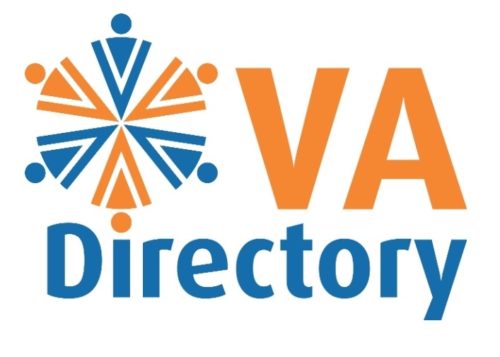This is an updated excerpt from my book The Home-Grown Secretary
You are probably aware that there are several VA networks and lots of VAs globally today so this will help you see that you are about to embark on a career that has a good foothold in the business world already.
You may have already noted that many claim to be the first network, or the original ‘VA’. The UK/European magazine Executary International noted this very same thing in an article about the Industry in the Spring 2000 issue. It is probably very difficult to ascertain when things really did start but you can be sure that there were several operating home-based secretarial services around the world in the 1980’s, although very few networked, with the first online operators in the mid 1990’s, along with the first online networks. With the change in technology and shifts in what can be achieved on a computer, home-based secretaries updated their skills and service provision to that of Virtual Assistants.
No-one knows for sure the history of Virtual Assistants or how long ago secretaries and other admin staff started working at home. I’ve heard of a lady that was working at home with a typewriter in the 1970’s. The question probably should be what is the history of the virtual assistant networks? I do know of two networks of secretaries that were in operation in the mid 1980’s. One was led by Robyn Green in Melbourne, Australia, the other by Linda Anderson (homesecretaries.com) in Los Angeles. I do not believe that Robyn Green’s group meets any longer, however, to our knowledge, Linda was the first to put her network on the Internet in January 1996 – it was certainly the first one to show up in search engines. “A Clayton’s Secretary†was the next to show up in April 1996. AssistU from the USA appeared in 1997, then GAVA (Global Association of Virtual Assistants) also in 1997. Others began to emerge in 1998 with several more in 1999 and 2000. Not all of the early ones are now in existence. The term ‘Virtual Assistant’ was first reported to be used when referring to the admin support received on a virtual basis in the mid 1980’s but wasn’t used widely as a term until the mid 1990’s once the networks began to emerge – prior to that we were known as home based secretaries, home based business operators, and so on – hence the reason for some of the older networks carrying the word ‘secretary’. The later networks nearly all have Virtual Assistant or VA in their names. Many operators today prefer to be called Virtual Business Operators (VBOs) as that more accurately describes their function – particularly those who provide services other than secretarial or admin support.
Stacey Brice of AssistU tells this story: “Thomas Leonard, founder of Coach U, was going to be travelling the country in his RV on sabbatical, and he wanted someone to run his life for him while he was away. Instantly excited, I saw the opportunity to test my theory about assisting someone across the distance who wasn’t also one of my travel planning clients. It was terrific 🙂 What an amazing learning experience. I’ll be forever grateful for it. Thomas is the one who shared with me the term, “Virtual Assistant.†At last, a name for what I’d been doing for close to a decade!! Within months, coaches and other professionals approached me. Seeing the difference I had made in Thomas’ life, they wanted me to do the same for them! My practice was a virtual laboratory; with every new client experience, I learned more about doing this work — what it took to be successful, what it meant to really partner with someone in this kind of relationship, what clients wanted, and how to create my life the way that I most wanted it to be. My vision grew enormously, and I began to have a true idea of what broader implications there were to working this way.â€
A history of the VA industry in Australia can be seen here.
What is a Virtual Assistant? Definition
A Virtual Assistant (VA) is a business services provider or business operator who provides assistance to another person or business on a virtual basis. Virtually can mean by phone, fax, mail, courier, email and Internet. The service provider is not located on the same premises as the receiver of those services.
This industry is well suited to, but not exclusive to, secretaries and administrators who have adopted Internet technologies to operate businesses at home. Others who provide virtual assistance to businesses include: bookkeepers, graphic designers, web designers, trouble-shooters, PC support, etc.
For clients engaging the support of a VA it means they do not have to supply office space, furniture, equipment, software (in most cases), and nor do they need to pay employee tax, WorkCover, Insurances and the other things relating to having an employee.
A VA is an independent business operator and should therefore not see themselves as an employee but as a business operator providing a service to other businesses.

Leave a Reply
You must be logged in to post a comment.